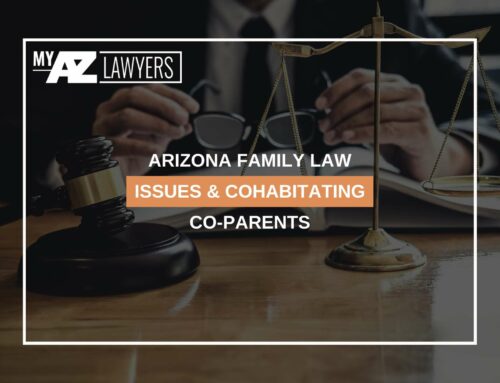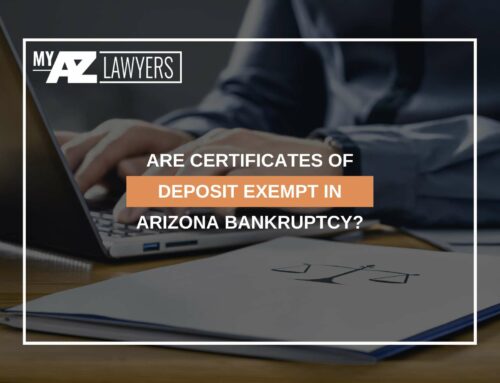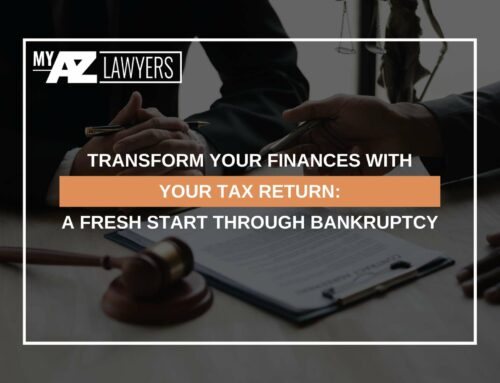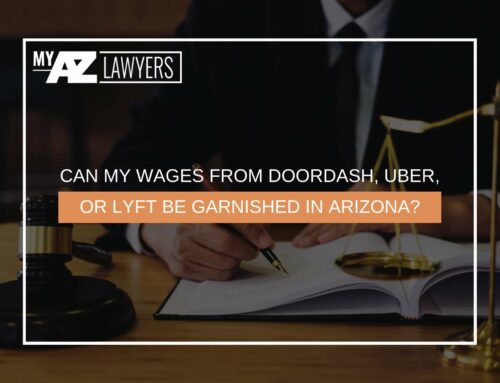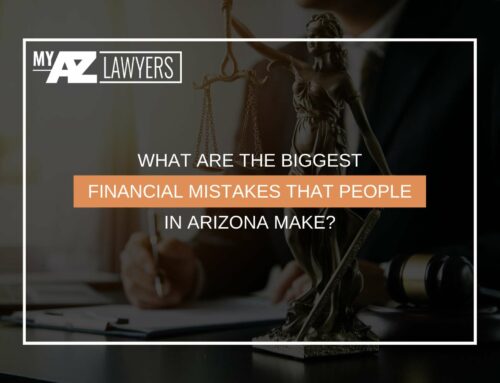New Year, New Start: Should You File For Bankruptcy In 2024?
Many people use the New Year as an opportunity to set goals and create new habits. That could be improving fitness, reading more, or even setting a budget and maintaining better financial practices. But with the cost of living higher than ever, creating a budget and sticking to it might not be sufficient to ease your financial woes. A creditor could repossess an asset that you have already poured money into or get an order from the court allowing them to take your paycheck. This will make it even more difficult to get out of debt than it already is. Filing for bankruptcy could be instrumental in helping you get your financial situation back on track in the new year. Make your filing as effective as possible by hiring a skilled bankruptcy firm to represent you in your case. If you need financing to pay for your case after it has been filed, you may qualify for our firm’s zero-down payment plan option. To get your questions answered with your free consultation, call 480-470-1504.
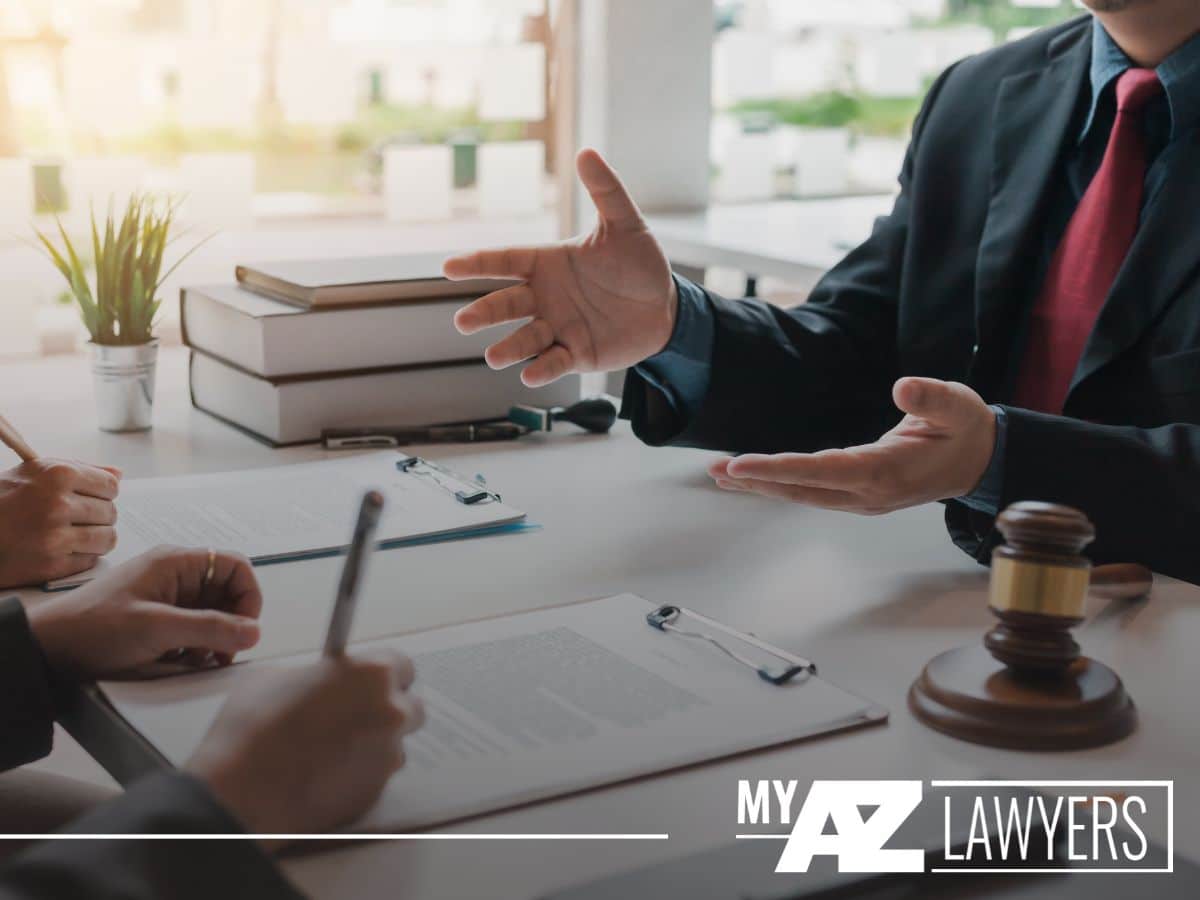
How Bankruptcy Protects You From Creditors
One of the top incentives to file for bankruptcy is the protection you will gain through the automatic stay. The automatic stay is activated the moment a debtor files their case in court. The debtor should submit a full and accurate petition (unless they are using a skeleton petition) accompanied by a creditor mailing matrix and their first credit counseling course certificate to ensure their case remains in good standing. If their case is dismissed, the protections from the automatic stay will lapse, giving creditors a chance to proceed with collection without a motion for relief from the automatic stay from the court.
It’s important to keep the automatic stay in effect because it prevents creditors from pursuing many types of collection against the debtor. It stops lawsuits that have already been filed from proceeding and new lawsuits from being filed against the debtor. This includes home foreclosures and evictions that haven’t proceeded too far in the process. If the creditor has already obtained a judgment against the debtor, the automatic stay can stop them from garnishing the debtor’s wages or draining money from their bank account with a levy. If you are concerned about your creditors collecting your debt through some other method, see if the automatic stay can help by scheduling your free consultation at 480-470-1504.
Filing Chapter 13 Bankruptcy To Reorganize Your Finances
If you choose Chapter 13 bankruptcy in 2024, your case will last well past 2024. Chapter 13 bankruptcy lasts either 3 or 5 years but can help the debtor deal with more types of debt than Chapter 7. The payment plan sorts debts into four categories and pays them off in order. The first debt to be paid is attorney’s fees and other legal costs associated with the bankruptcy. Next, a Chapter 13 bankruptcy plan will pay off secured debts like home mortgages and auto loans. After secured debts, priority debts must be paid. This includes child support, alimony, student loans, and some taxes. The fourth and final category paid off in Chapter 13 bankruptcy is unsecured debt. These are the debts that would be wiped away in a Chapter 7 bankruptcy filing, such as credit cards, medical bills, and personal loans. The debtor’s payment plan will also be based on how much disposable monthly income they have. The fourth category, unsecured debts, only needs to be paid off as much as possible based on the debtor’s disposable monthly income. Chapter 13 also offers debtors with secondary mortgages the opportunity to clear them like an unsecured debt. For more information about how Chapter 13 bankruptcy could set your finances straight, call 480-470-1504 for your free consultation.
Special Considerations For Filing Bankruptcy In The Beginning Of the Year
There are different concerns a debtor might face depending on which time of the year they file for bankruptcy. One of the top concerns for debtors who file at the beginning of the year is what will happen to their potential tax refunds. This extra cash could be important to a family’s budget, and losing it could be highly detrimental. It is almost guaranteed that the trustee will take a bankruptcy debtor’s tax refund. This continued for three or five years in Chapter 13 bankruptcy. A Chapter 7 bankruptcy debtor may be able to time their filing so that their refund isn’t put at risk.
The trustee can’t take a Chapter 7 bankruptcy debtor’s tax refund if it is received and spent before the debtor files their petition. If a debtor plans to file for bankruptcy after spending their tax refund, they should make sure they are caught up on tax filings and file the current year on time. If you procrastinate and file an extension for your taxes, it will push back when you receive your refund and how long you have to wait to file your bankruptcy case. The sooner you file your taxes, the sooner you can receive and start spending your refund. It’s also important to spend your refund on reasonable expenses during this time. Consider stocking up on household goods, getting repairs or maintenance you’ve been putting off, or even spending your tax refund to hire your Mesa bankruptcy attorney. For more information on avoiding surrendering your tax refund to bankruptcy, call 480-470-1504 for your free consultation.
Rebuilding Credit After Discharging Debt
The new year can be a great time to implement new financial habits, including those that will help you rebuild credit after a bankruptcy case. Part of that could be making better decisions regarding your credit card usage. Credit cards aren’t necessarily a bad thing, as they can come with perks and benefits and contribute to your revolving credit balance. However, skipping a month or two of paying off your full balance can make it more difficult to catch up, and you may have significant interest fees. When you receive offers for new credit cards after bankruptcy, make sure you select offers with the most favorable terms and keep your spending in an affordable range.
There may be many opportunities available to you to build a credit history without you even realizing it. Monthly expenses like rent and cell phone service can often provide credit reporting. A post-bankruptcy debtor should be creative and seek out options to build credit with things that are already in their budget.
Paying your auto loan may be a major contribution to your credit history. But if you have the same auto loan after discharging debt in bankruptcy, your auto lender won’t be obligated to report your timely payments to the credit bureaus anymore. They can and will report late payments that can hurt your credit, however. Financing a vehicle, ideally at a better interest rate now that debts have been cleared, will contribute to your post-bankruptcy credit score.
Let Our Skilled Bankruptcy Lawyers Assist You With Debt Relief
If you want to start the new year off on a good foot, your bankruptcy can’t be filed with errors and mistakes. Filing bankruptcy without enjoying its full benefits might not be worth the time, effort, and implications for your credit. Let My AZ Lawyers review your situation and inform you about your options. To get started with your free consultation, as well as to see if you qualify for our Zero Down payment options, contact us or call 480-470-1504.
Arizona Offices:
Mesa Location:
1731 West Baseline Rd., Suite #100
Mesa, AZ 85202
Office: (480) 448-9800
Email: info@myazlawyers.com
Website: https://myazlawyers.com/
Phoenix Location:
343 West Roosevelt, Suite #100
Phoenix, AZ 85003
Office: (602) 609-7000
Glendale Location:
20325 N 51st Avenue Suite #134, Building 5
Glendale, AZ 85308
Office: (602) 509-0955
Tucson Location:
2 East Congress St., Suite #900-6A
Tucson, AZ 85701
Office: (520) 441-1450
Avondale Location:
12725 W. Indian School Rd., Ste E, #101
Avondale, AZ 85392
Office: (623) 469-6603


